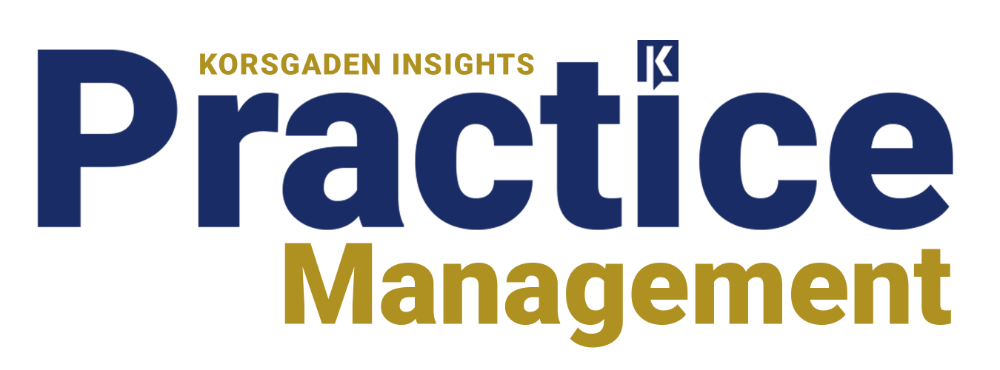[Blog] A Holistic Approach to Reclaim Your Vitality

Tanja Samalya
In our quest to excel in every aspect of life, we often find ourselves overwhelmed. We strive to be the perfect employee, the ideal parent raising well-rounded children and the envy of others with our seemingly perfect social lives showcased on social media. However, this constant pursuit of what we believe we "should" do to achieve health and happiness backfires, leaving us physically and mentally drained.
Many of us have come across documentaries or articles about the “Blue Zones”—regions of the world with the healthiest and longest-living populations. These zones share common lifestyle traits including natural daily movement, mindful eating, strong community bonds, a whole-food diet rich in plants, a sense of purpose, stress-reducing habits and a positive attitude.
Reflecting on these traits, it becomes evident that they align with our innate behaviors, which have unfortunately diminished over the past few decades. Instead of fixating on longevity, let us focus on achieving a state of well-being where we feel healthy and content. Embark on your journey by discovering what truly brings you joy and how it resonates within your body.
Consider how you want to feel not just next week, but also in the years to come. The food we consume plays a crucial role in our well-being. However, many people need clarification about what constitutes a healthy diet due to fads, misleading advertisements and misinformation. The
modern diet poses a significant challenge for us all. To reclaim our health, we must return to our roots and avoid processed and refined foods, often chemically engineered and laden with hormones and antibiotics. By embracing "real foods" (think of what your great-grandparents ate), we can reap the health benefits our ancestors once enjoyed. Our bodies possess remarkable regenerative abilities, and providing them with the proper fuel can significantly reduce the risk of disease, boost energy levels, improve sleep quality and lead a more fulfilling life.
We have the power to design a process for aging gracefully. In addition to nutrition, physical activity and adequate rest, namely sleep, greatly influence our health-span. Physical inactivity has become a global epidemic, yet our bodies are designed to move. Numerous studies have shown that exercise enhances overall health and reduces sleep disturbances and mood irregularities. Find an activity you genuinely enjoy and make it a routine.
Living in a constantly illuminated society and disconnected from our natural circadian rhythm, we have lost our sense of time. Sleep, the most crucial determinant of health-span, can be optimized by adopting a few simple habits. Start by disconnecting from devices and screens at least an hour before bedtime (sorry for the inconvenience), and adjust the temperature in your bedroom to a slightly cooler setting. Additionally, expose yourself to sunlight in the morning to reset your circadian rhythm. Aim for a restful 7-8 hours of sleep each night.
It is never too early or too late to embark on this journey. The best time to start was 20 years ago, but the second-best time is today. Whether your aspirations involve playing with your future grandkids or riding the waves, envision what you want to do at 100 and build your training plan. Doing so allows you to savor more of life's precious moments well into the future.

